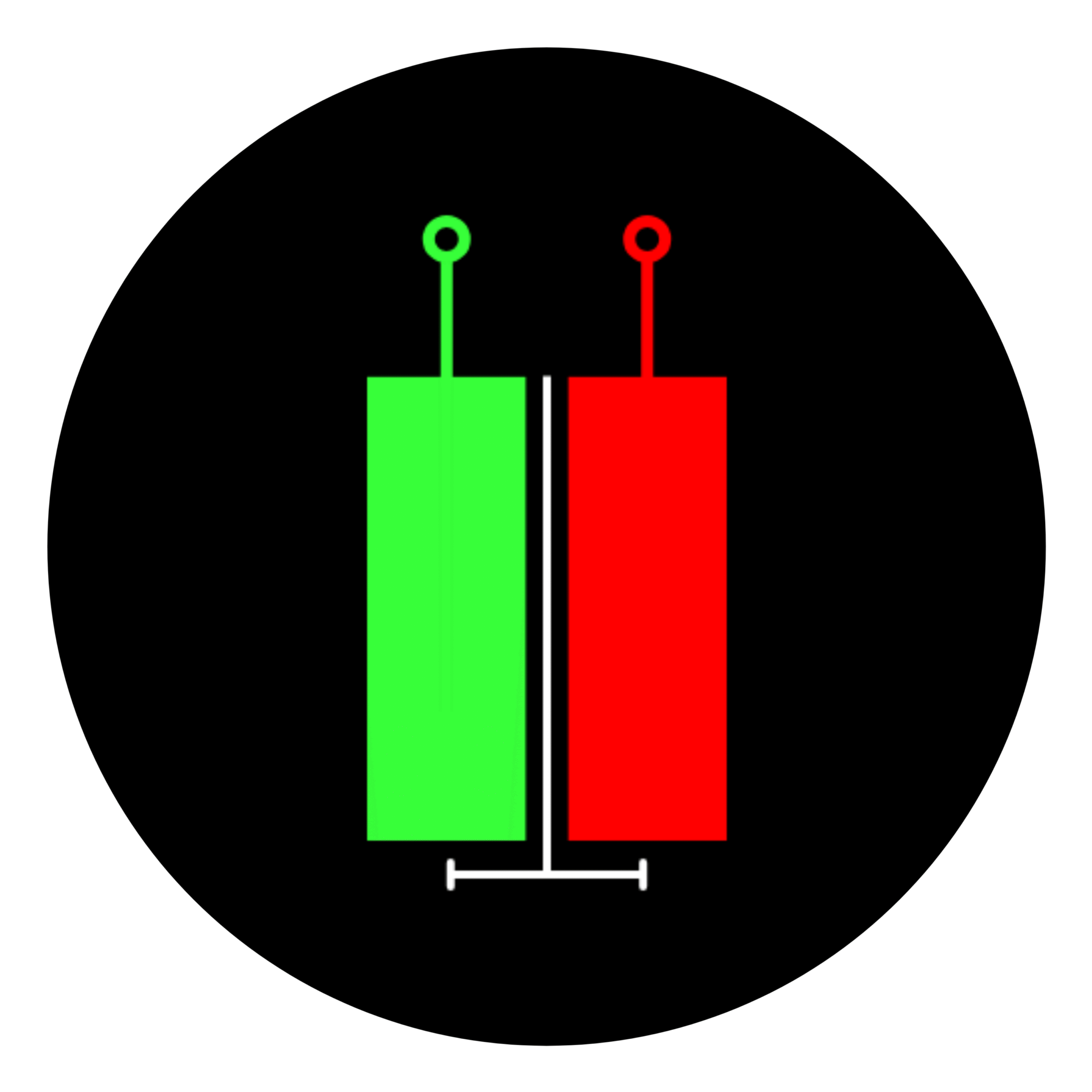In this article, we will learn the complete concept of dividends. We often hear about the dividend payouts by companies listed on the stock exchange. Along with these, terms like Ex-dividend and Record Date can sometimes cause confusion. So, let us begin the learning.
Table of Contents
What is Dividend?
A dividend is a portion of a company’s earnings that is paid to its shareholders. When a company makes a profit, it sometimes decides to share some of that money with the people who own its shares. This shared money is called a dividend.
Why is it called Dividend?
The word “dividend” comes from the idea of dividing something. In this case, the company is dividing its profits among its shareholders. So, it’s called a dividend because the company divides its earnings to give a part to each shareholder.
Is Dividend Good or Bad?
A dividend is generally considered good because it means the company is making enough profit to share with its shareholders. However, not all companies pay dividends. Some might choose to reinvest their profits back into the business to grow even more. Whether a dividend is good or bad depends on the goals of the investor. Some investors like receiving regular dividends, while others might prefer the company to reinvest in growth.
ALSO READ – What is the Stock Market? – Complete Basics in One Article
Are Dividends Paid Monthly?
Dividends are usually not paid monthly. Most companies pay dividends quarterly, which means every three months. Some companies pay them once a year or twice a year. It’s rare for a company to pay dividends every month.
What is Ex-Dividend Date?
The ex-dividend date is the date on or after which you will not be entitled to the company’s dividend if you purchase the share.
If you buy a stock on or after the ex-dividend date, you won’t receive the upcoming dividend. Instead, the dividend will be paid to the person who owned the stock before this date.
So make sure you buy your stocks before the ex-date to be eligible for the dividend.
What is Record Date?
The record date is typically considered the cutoff date for determining which shareholders are eligible for a particular corporate event.
In case of dividends, the record date is the date set by the company to determine who is eligible to receive the dividend. If you own the stock on this date, you will receive the dividend. The record date usually comes a few days after the ex-dividend date.
Note: The ex-dividend date is generally two days before the record date.
Why is the Ex-Dividend date and Record Date Important?
The settlement period is T+2 days, meaning if you buy a share today, you will gain ownership almost 2 days later.
And there is a 2 days difference between ex-date and record date.
If you buy stocks but your name isn’t registered with the company by the record date, you won’t get the dividend that the company gives to its shareholders. The ex-date is usually two days before the record date, so make sure you buy your stocks before the ex-date to be eligible for the dividend.
The Bottom Line
If you want to invest in the stock market for regular income in the form of dividends, it’s important to understand the full concept of dividends and the important dates. This knowledge will help you make more informed decisions.
Reference Site
Will I get the dividend if I buy the stock on the record date?
No, you will not receive the dividend. To be eligible for the dividend, you must buy the stock before the ex-dividend date.

